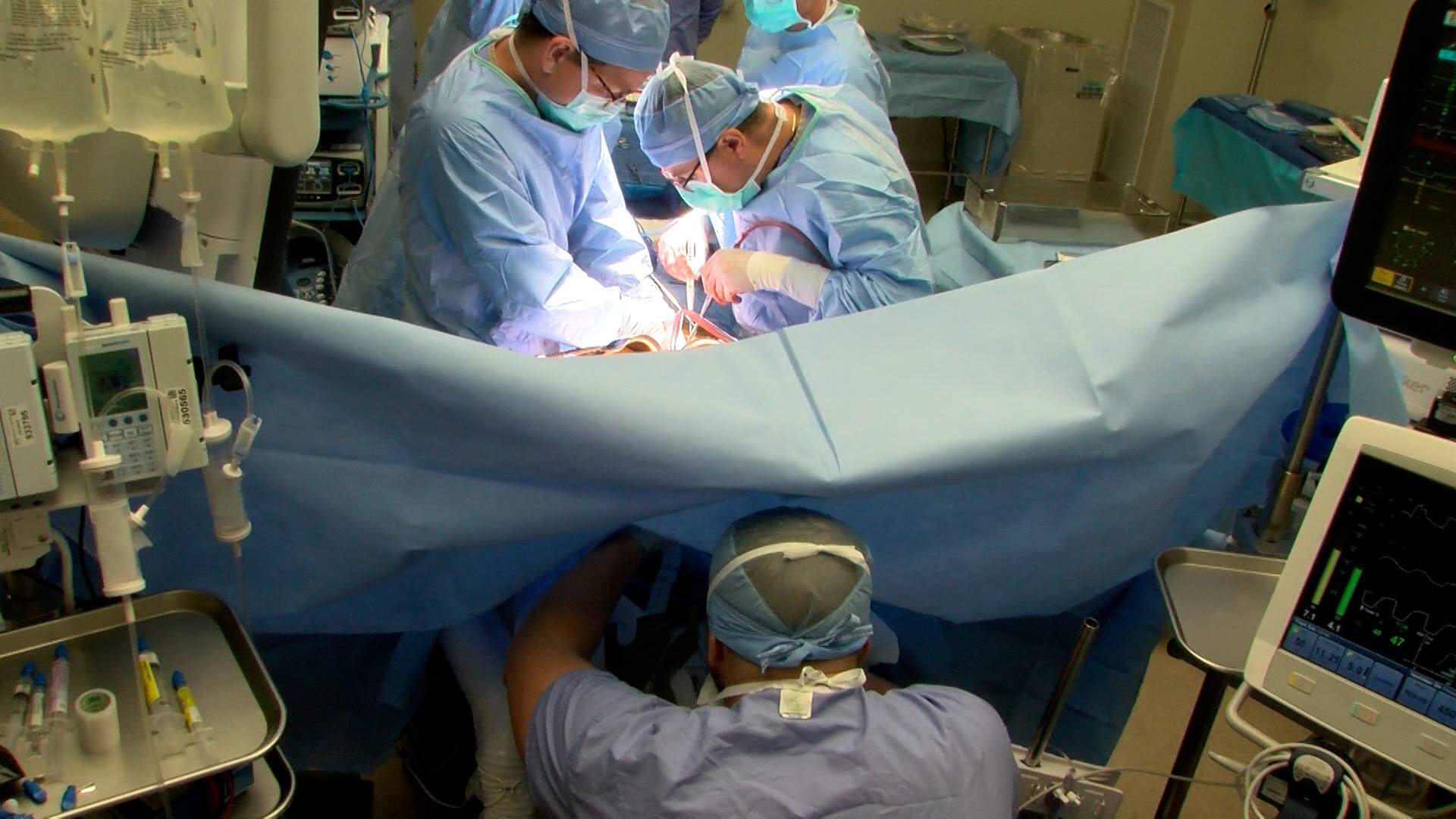Transplant

October 23, 2024
Liver swap gives two patients a second chance at life ROCHESTER, Minn. — Surgeons recently performed Mayo Clinic's first paired living liver donation, a significant[...]
December 4, 2015
November 24, 2015
October 26, 2015
October 25, 2015
October 22, 2015
October 22, 2015
October 14, 2015
September 16, 2015
September 3, 2015
Explore more topics
 Sign up
Sign up

Mayo Clinic Connect
An online patient support community
